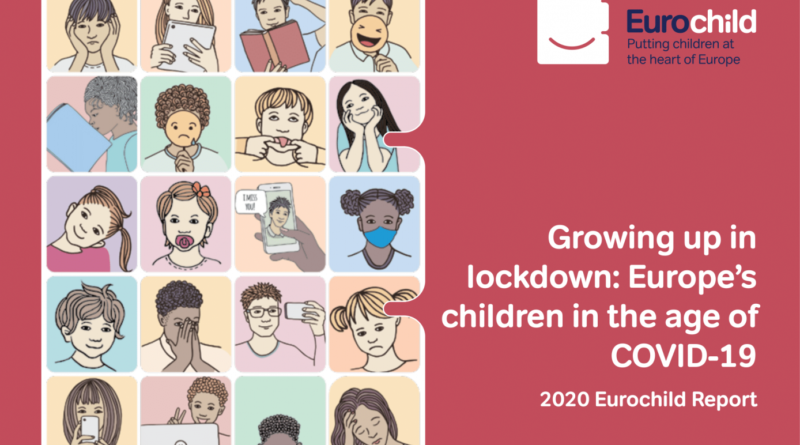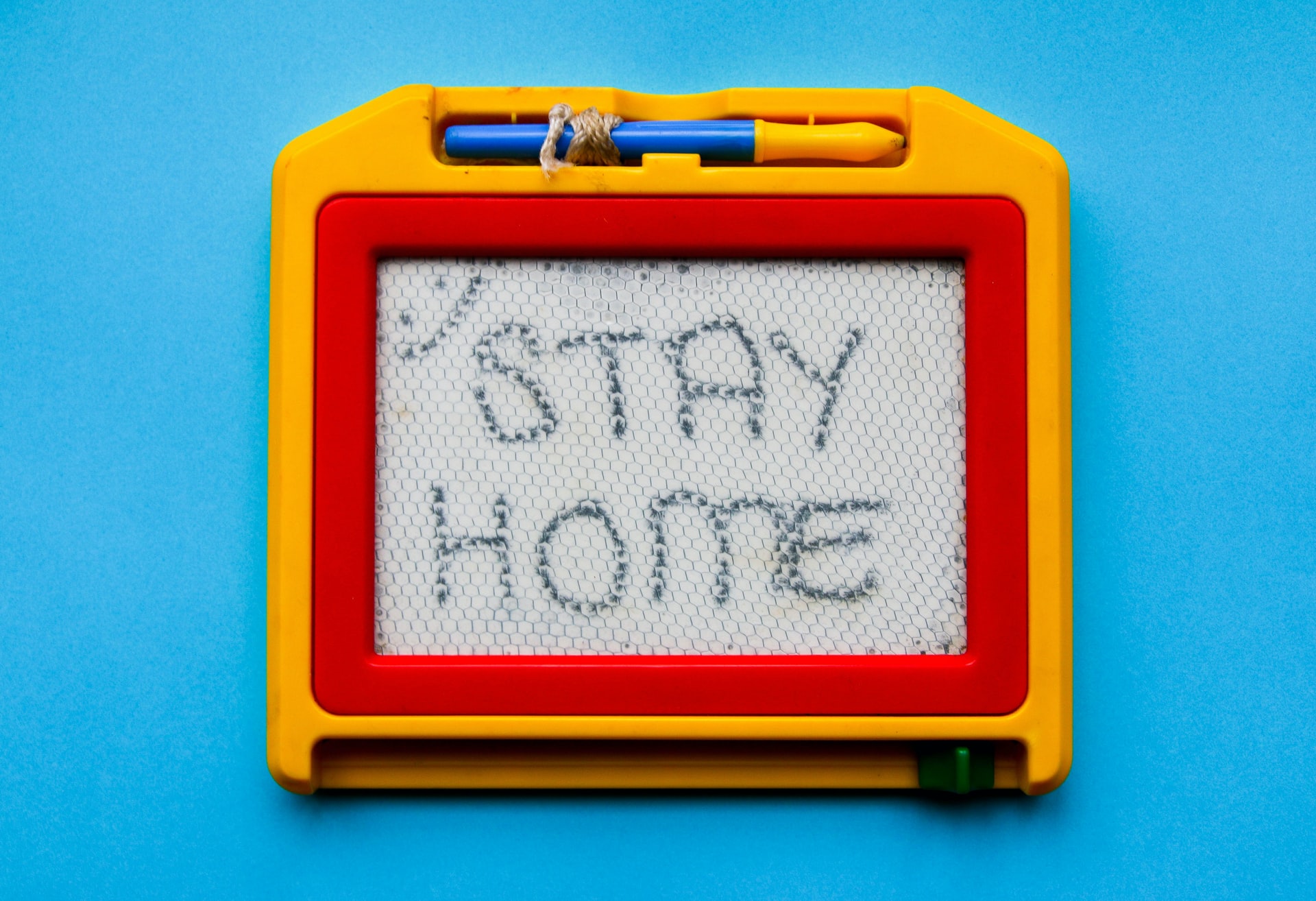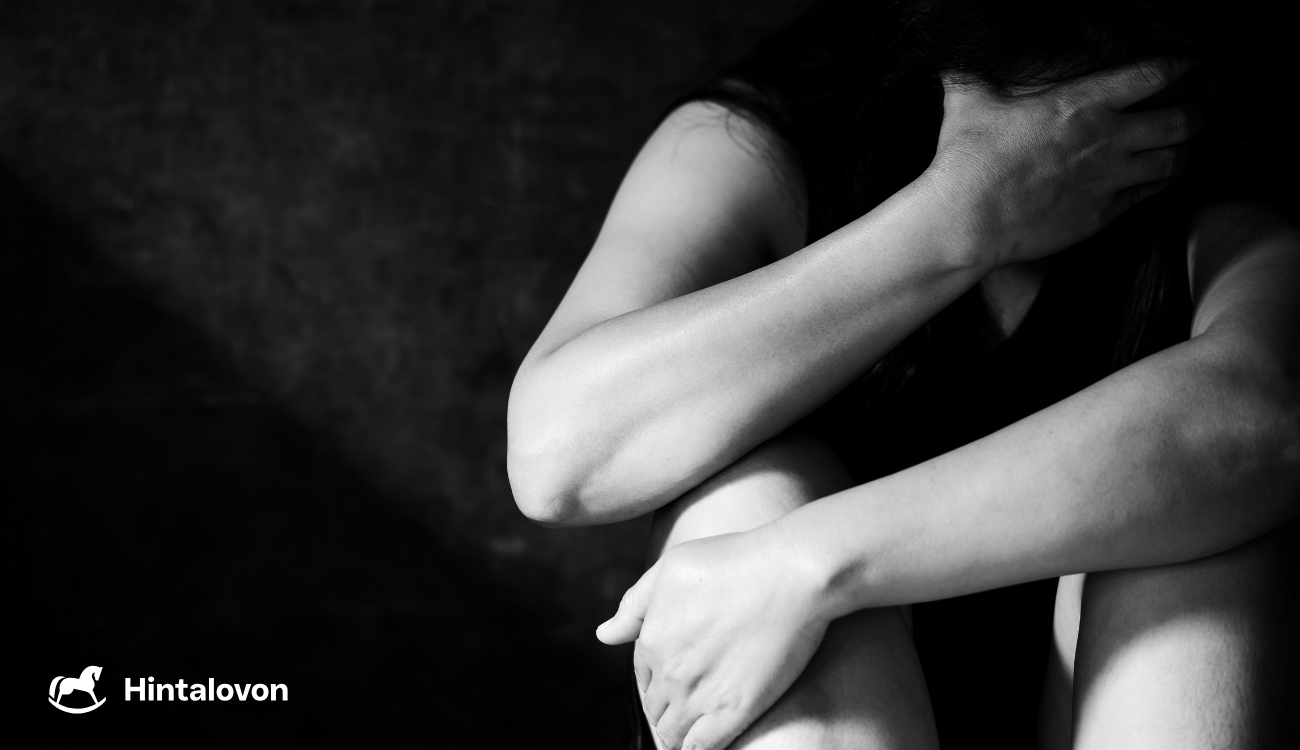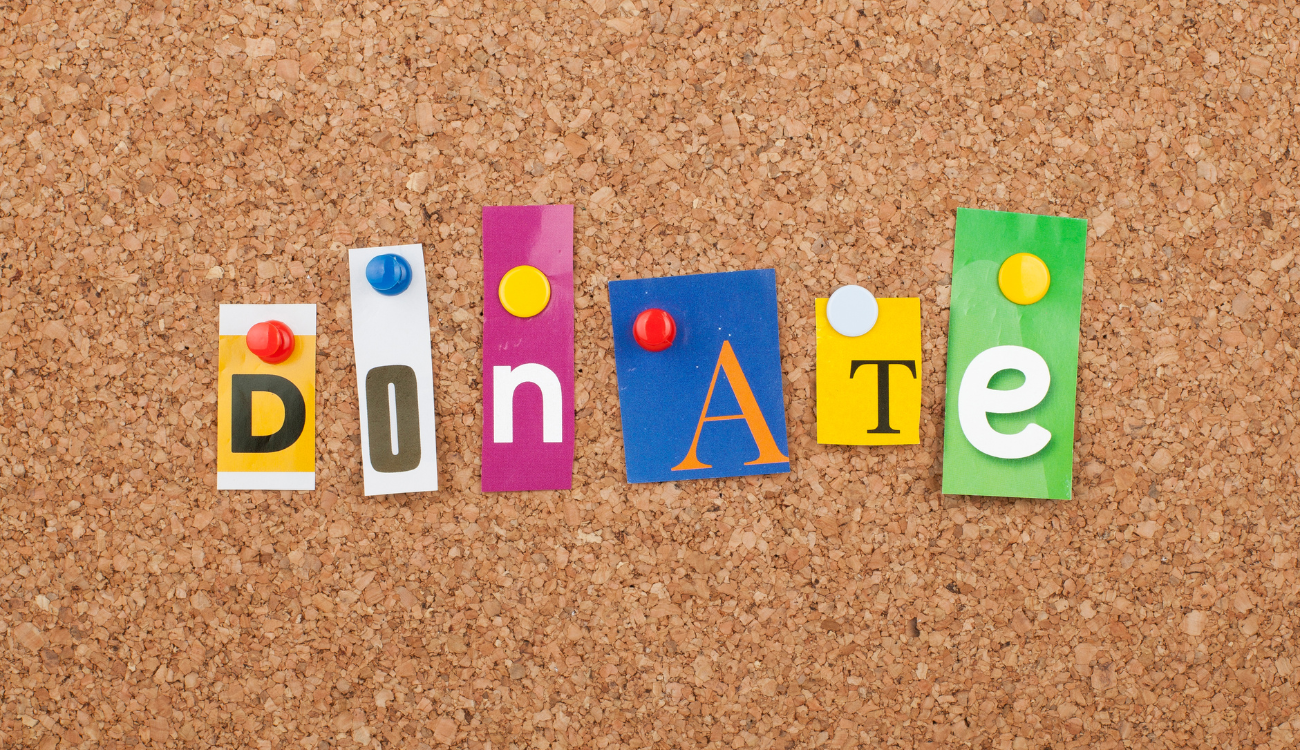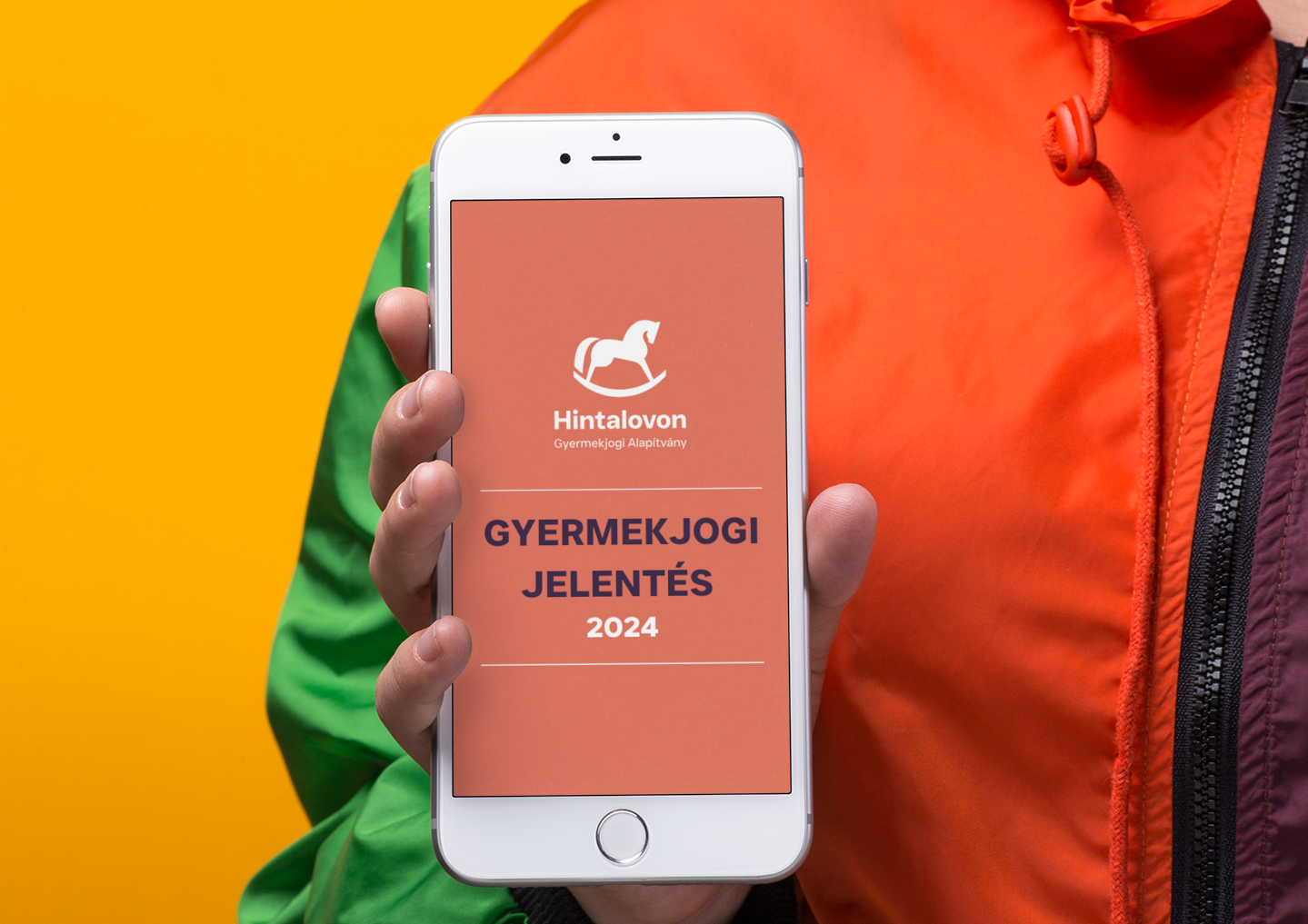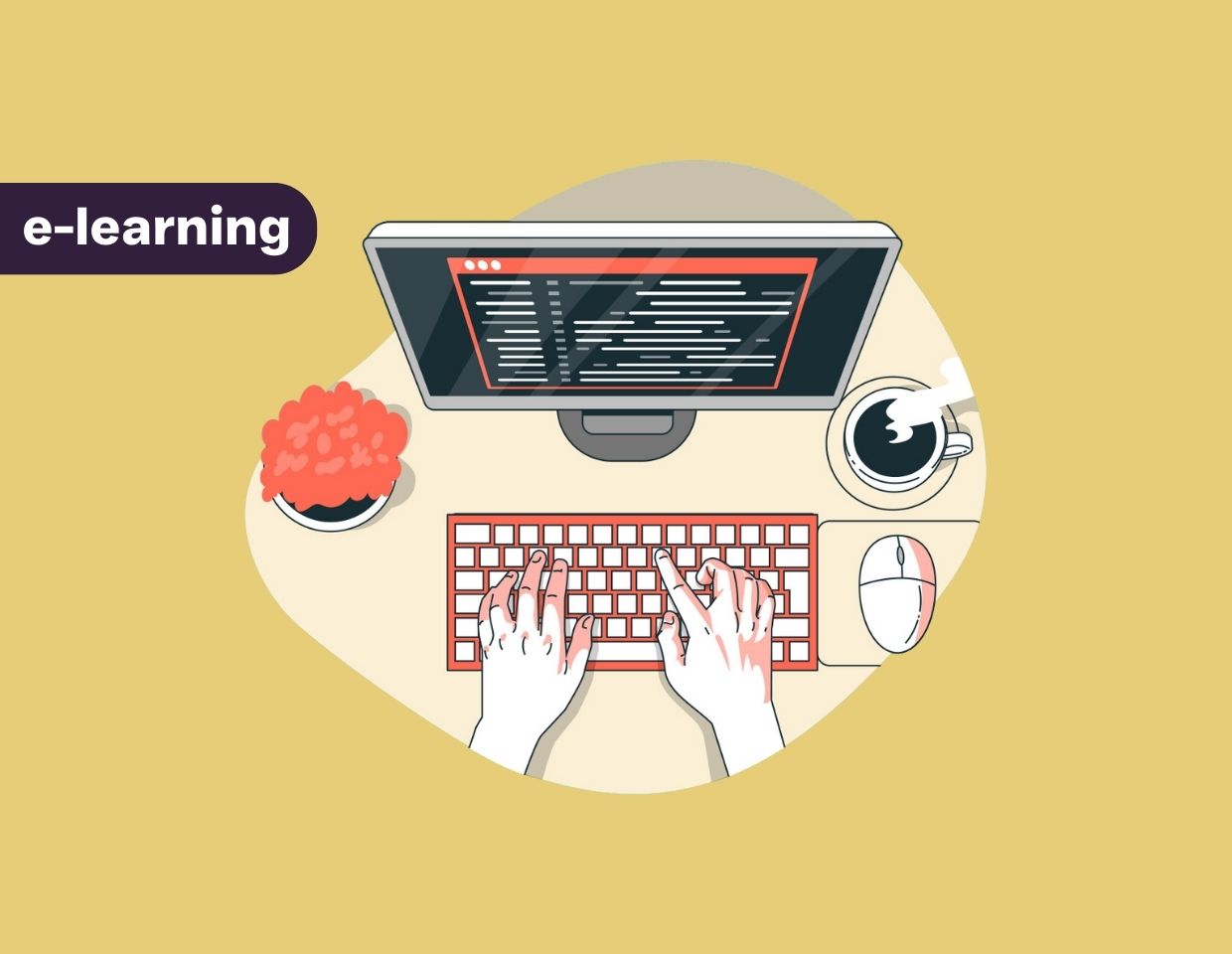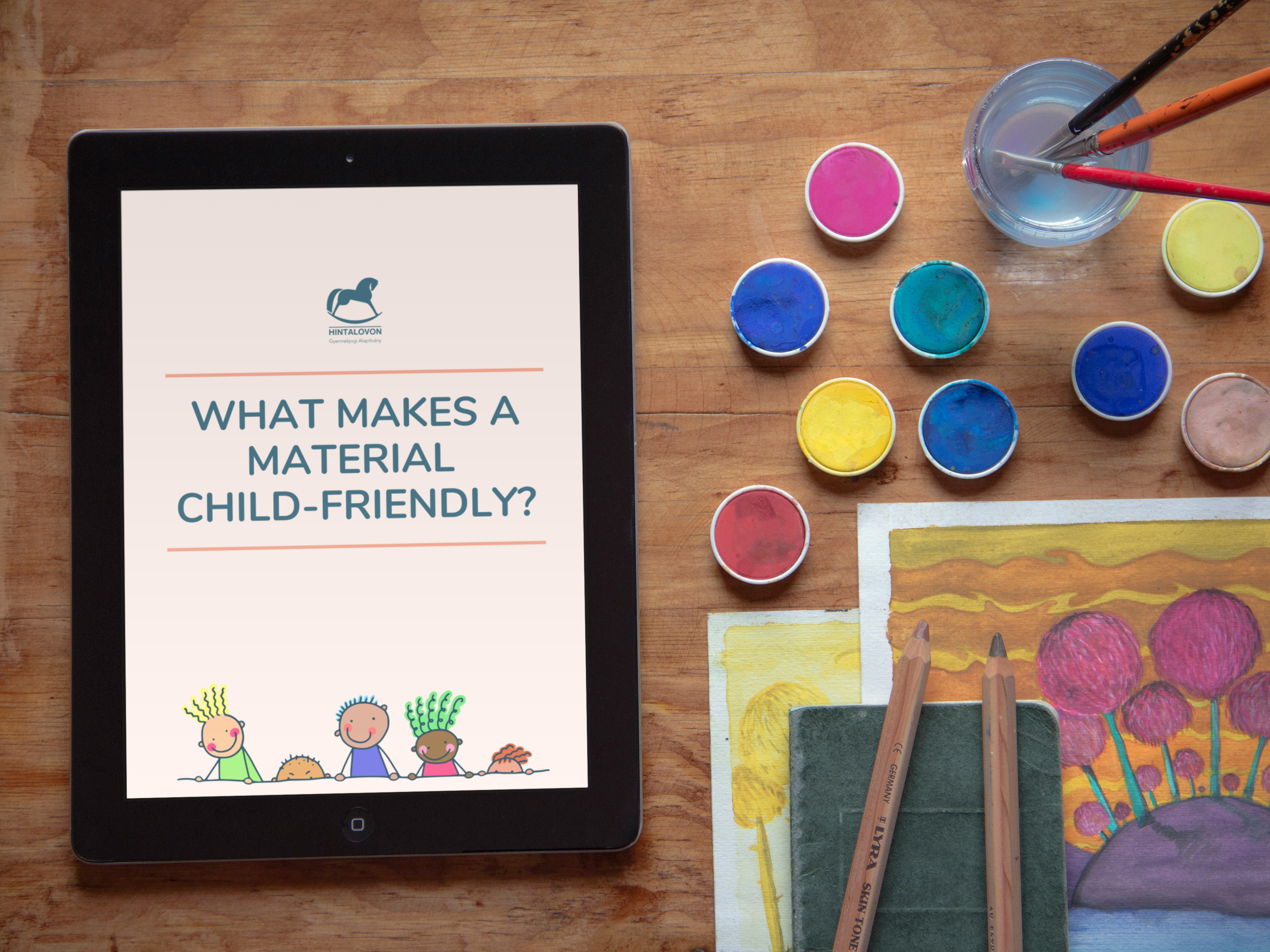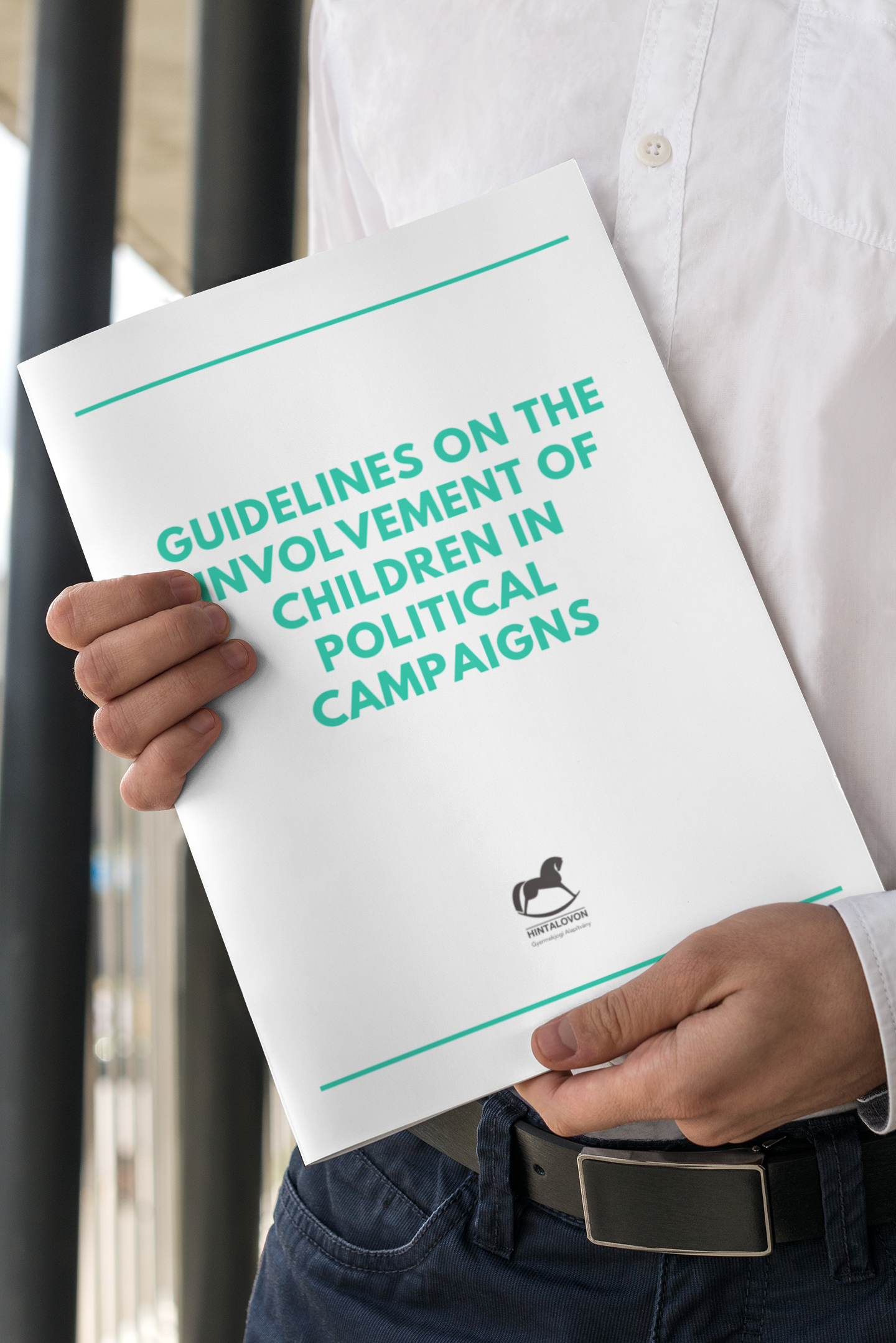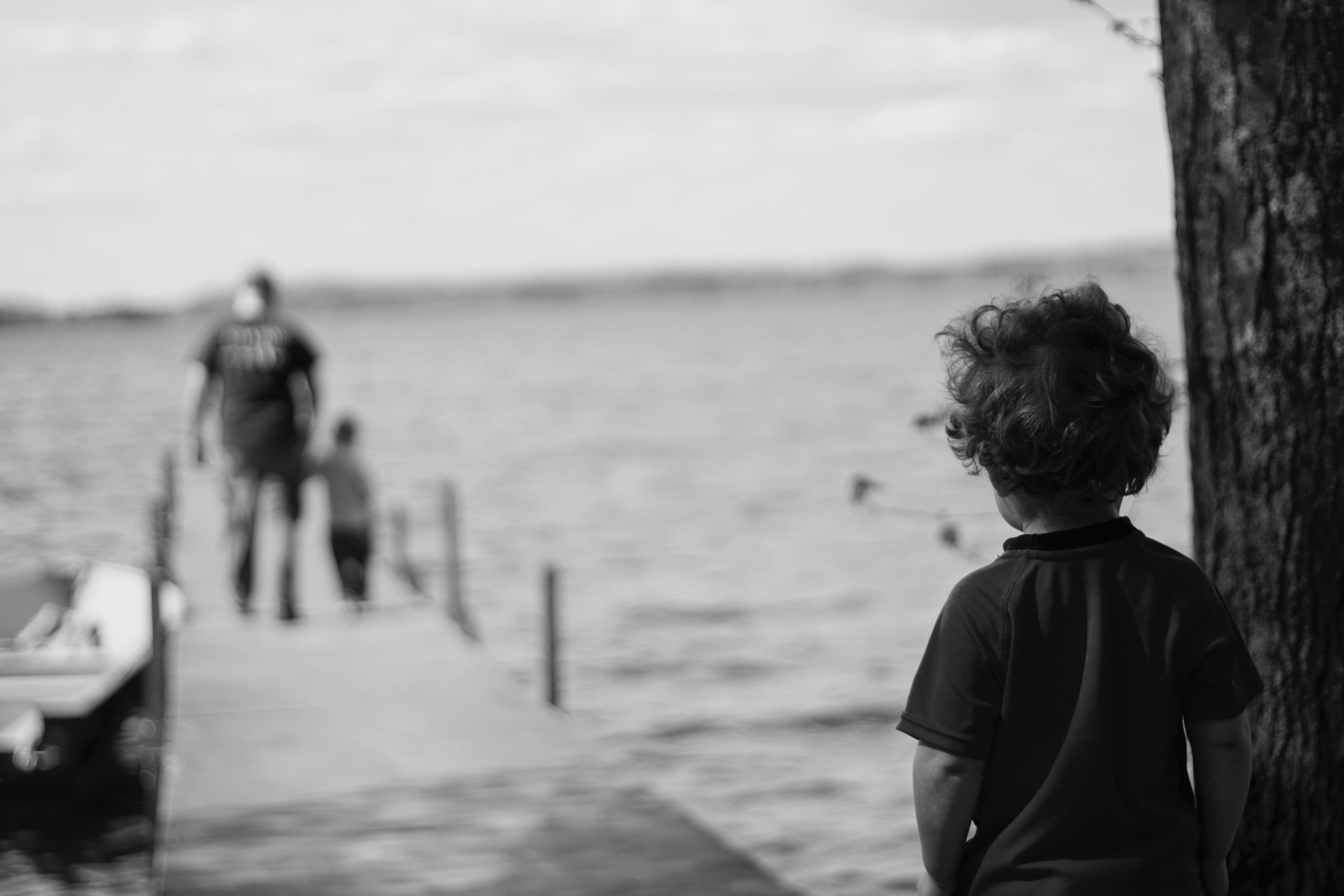In February 2020 the COVID-19 virus started to spread in Europe. Since then our economies, societies, and daily lives have been turned upside down. This report reflects on the effects of the coronavirus pandemic on children. It compiles information gathered from 25 countries across Europe, and provides recommendations for improving public policies in the short and long-term to support better outcomes for children and families. The assessment is accompanied by reflections on the 2020 European Semester. This report is based on information gathered until August/September 2020, and was released in November 2020. Hintalovon together with Family, Child, Youth Association contributed to draft the country profile of Hungary.
The COVID-19 pandemic has exacerbated existing problems of social inequality, with job losses pushing many families further into poverty and school closures creating a wider educational divide, impacting children’s life chances, and their physical and mental health. It has exposed the lack of national policies to tackle poverty, particularly child poverty, and drawn attention to the need for a multi-dimensional approach.
COVID-19 crisis from a children’s rights perspective
As a result, Eurochild and its members are calling for recovery plans that take children’s needs into account, for national plans to reduce poverty, and for targeted support from the EU, including through implementation of an EU Child Guarantee.
The Country Profile of Hungary call attention to the European Semester and COVID-19 crisis from a children’s rights perspective. It gives alternative recommendations to support children and families in the context of COVID-19, highlights some negative developments, government measures, examples of good practices regarding child poverty, and gives an overview to policies for investing in children and the situation of chilren in alternative care.
